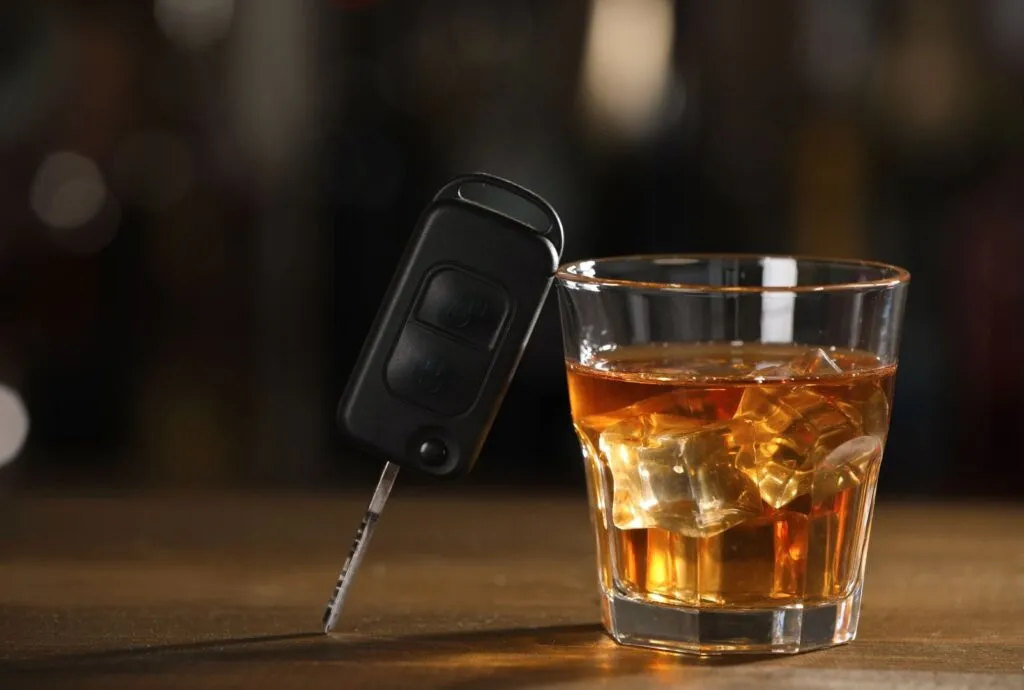What Does a First-Time DUI Offense Mean?
Getting charged with a DUI (Driving Under the Influence) for the first time can be a frightening and overwhelming experience. With legal and personal consequences and financial burdens, it’s no wonder first-time offenders often feel lost and uncertain about what comes next.

Immediate Consequences of a First-Time DUI
A DUI charge comes with significant consequences; here’s what typically happens after a first-time DUI arrest:
Arrest
After a police officer stops you and determines impairment through field sobriety tests or a breathalyzer, you may be arrested on the spot.
Fines and Legal Fees
A first-time DUI offense typically results in substantial financial consequences. These may include:
- Court fines
- Legal fees for representation
- Possible restitution for property damage or injuries
- Monthly lease for Ignition Interlock Program
Expect to spend a minimum of several thousand dollars, even for a first offense.
License Suspension or Revocation
For most first-time offenders, having your driver’s license suspended or revoked is a common penalty. The length varies by state but could range from several months to over a year. Often, offenders are allowed to apply for a restricted driving license for essential purposes, such as getting to work or court-mandated programs.
Mandated Use of Ignition Interlock Devices (IIDs)
Many states now require first-time DUI offenders to install an ignition interlock device before regaining full driving privileges. This device acts as a breathalyzer for your car, preventing it from starting if alcohol is detected on your breath. IIDs typically cost $70 – $170 for installation depending on your vehicle, and the monthly lease is around $50 – $120, depending on your ignition interlock provider.
Jail Time
While some states waive jail time for first-time offenders, others impose mandatory minimums. Jail sentences for first offenses can range from 24 hours to several days, depending on the location and circumstances.
The Legal Process and Ignition Interlock Program Enrollment
The legal process following a DUI involves navigating court systems and sometimes working with specialized attorneys. Here’s what you need to know:
Working With a DUI Attorney
Hiring a qualified DUI attorney can be critical in helping you understand your charges and minimizing your penalties. A lawyer can:
- Negotiate plea deals or reduced charges.
- Help you regain a restricted license.
- Advocate for the use of an IID, allowing you to continue driving while complying with DUI-related restrictions.
Ignition Interlock Requirements
If your state mandates IIDs for first-time offenders, your attorney can assist with the process of obtaining and installing one. These devices can shorten your license suspension period and demonstrate your commitment to responsible driving.
Finding a reliable ignition interlock provider is the first step. LifeSafer Ignition Interlock is a leading provider across the country. LifeSafer offers convenient locations, competitive pricing, 24/7 customer support, and valuable resources to help you maintain compliance with your ignition interlock program.
States Requiring IIDs for First-Time Offenders
Many states now mandate IIDs for first-time DUI offenders as part of their penalty. States like Arizona, California, and Tennessee are known for taking stricter stances, requiring IIDs even for low-BAC offenses.
Benefits of Using an IID
While it may feel like an inconvenience at first, IIDs offer several benefits:
- Access to Driving: They allow you to retain mobility and autonomy, reducing the impact on your daily life.
- Accountability: IIDs help reinforce safe driving habits and discourage relapses.
- Shortened Suspensions: Many states reduce license suspension times for offenders who agree to install an IID.
Moving Forward After a DUI
Understanding your situation and taking the right steps can make a significant difference in the aftermath of a DUI. Here’s how you can rebuild and move forward:
- Educate Yourself: Fully understand your charges, state laws, and legal obligations. This knowledge empowers you to make informed decisions.
- Consider Alcohol Education Programs: Many courts recommend or require participation in substance abuse education programs, which can help you address underlying issues and prevent future offenses.
- Seek Support: Engage with supportive networks, whether it’s trusted friends, counselors, or community groups. You don’t have to face this alone.
- Utilize an IID: If required, use your ignition interlock device responsibly. It not only keeps you compliant with state laws but also helps you regain normalcy in your life.
A first-time DUI offense can feel overwhelming, but it doesn’t have to define your future. By understanding the legal process, complying with penalties like IID installation, and adopting safe driving practices, you can turn this challenge into an opportunity for growth.
